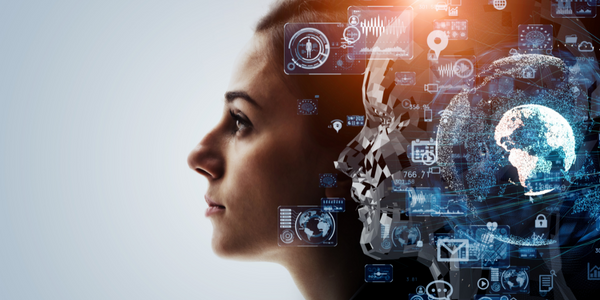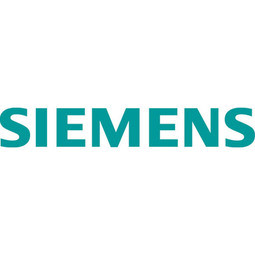
客户
未公开
关于客户
这个具体的案例研究分析了神经网络对可再生能源行业的影响,特别是涉及风力涡轮机的公司。
挑战
学习能力是自主的先决条件。考虑到这一点,西门子研究人员正在开发基于与深度学习相关的模拟神经元和连接的知识网络。此类网络可用于通过识别极其复杂的领域(例如可公开访问的互联网和公司的内部信息系统)之间的关联来概括信息。这项技术影响深远且具有通用性,似乎具有模仿人类直觉的潜力。
解决方案
学习的生物系统包括从具有大约 300 个神经细胞的蛔虫到包含 2000 亿个神经元的成年大象的所有事物。但无论你是在处理果蝇、蟑螂、黑猩猩还是海豚,所有这些生物的神经元都会处理和传递信息。此外,它们这样做的原因相同:所有生物都需要能够辨别和解释周围环境,然后做出适当的反应,以避免危险并确保它们的生存以及繁殖能力。他们还需要能够回忆起表明风险或回报的刺激。换句话说,学习是在自然环境中生存的关键。通过创建一个模拟人脑神经元的计算神经网络,西门子的工程师们越来越接近于创建虚拟直觉。
运营影响

Case Study missing?
Start adding your own!
Register with your work email and create a new case study profile for your business.







